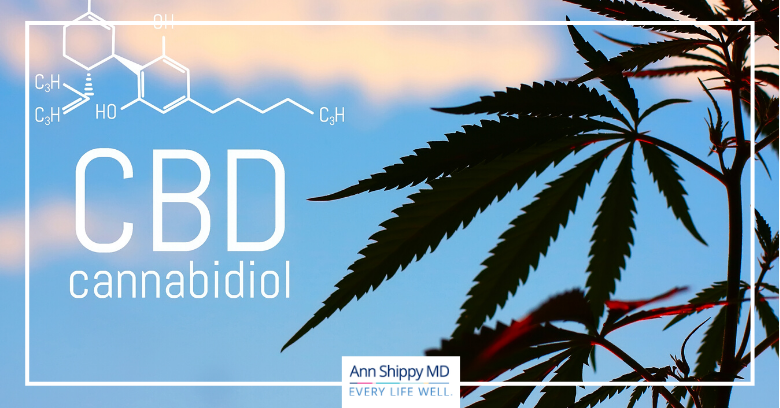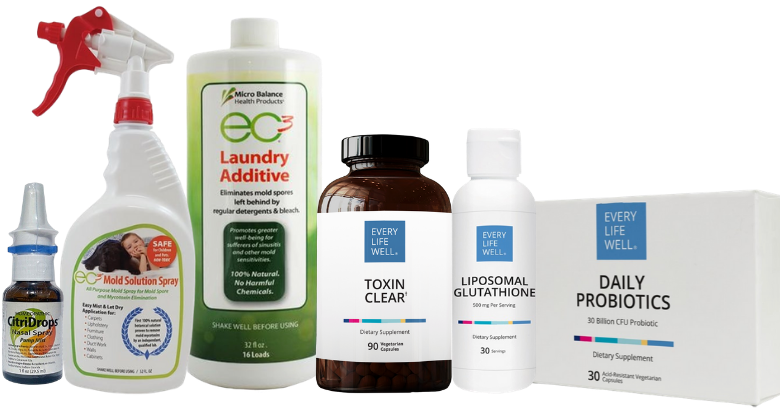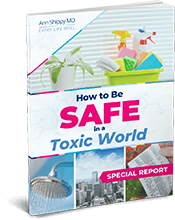Recently I published a Cannabis article here on the blog, a general review of my thoughts on marijuana use. As a follow-up to that article, and to your questions (thank you!), I’m excited share what I think about “CBD,” or Cannabidiol– a medicinally-promising extract of marijuana that does not produce a “high.”
And you very well may be saying, “What is CBD?”
To understand CBD, let’s first learn about your ECS– your body’s Endocannabinoid System.
The ECS is like a monitoring system for imbalances, which helps your body maintain “homeostasis.” If the ECS detects an imbalance, it rushes neurotransmitters to the part of your body that is in trouble, such as tissues or organs. Without your even knowing it, your ECS is keeping watch over your stress response, digestion, bones, brain activity, reproductive activity, metabolism, and even your skin.
Our body naturally produces messengers called cannabinoids, which interact within the ECS, and cannabinoids are also found in the cannabis plant. These cannabinoids that originate from plants mimic those produced in your body, and they link up with these same receptors that regulate your physiology, so they are uniquely suited for us to explore them for treatment purposes.
Enter our new friend, CBD, which is one of about 100 active cannabinoids identified in hemp/cannabis. CBD does not have psychoactive properties like its cousin, THC, so it does not produce the intoxicating effect normally associated with “weed.”
In general, there is both clinical and anecdotal evidence that CBD reduces pain, anxiety, and inflammation, and even prevents epileptic seizures. It may help people with sleep problems, Parkinson’s, substance abuse, schizophrenia, and cancer— and even make you feel fewer butterflies in your stomach when giving a speech. (More discussion on anxiety, panic disorders, and PTSD here and here.)
CBD also has no issues with drug dependency or abuse. The World Health Organization says, “In humans, CBD exhibits no effects indicative of any abuse or dependence potential…. To date, there is no evidence of public health related problems associated with the use of pure CBD.” (Their full report on CBD is here.)
CBD is available in different forms such as oil, but the most consistent and reliable delivery system for CBD is soft gels. Tinctures, gummies and chocolate bars all are inconsistent and can lead to varying results.
As with many things I talk about, purity matters. CBD extracts from marijuana or hemp may be sold to distributors and mom-and-pop dispensaries with no regulation on potency or inclusion of THC or testing for verification or for impurities like pesticides. Purity should be a very real concern to anyone considering trying CBD. Buying from a reputable dietary supplement company can help ensure that you are getting a vetted and legal source of CBD. Be cautious of wild claims, and be aware there is little-to-no published research on more vague CBD applications such as beauty products (like mascara, believe it or not).
So, is it legal? While CBD is still considered a Schedule 1 controlled substance by the DEA, there are some existing loopholes that allow for consumers to purchase CBD regardless of their state laws. Under a Department of Agriculture bill, full spectrum phytocannibinoids from foreign-sourced industrial hemp stalks and stems with THC below 0.3% may be sold in the United States.
The first pharmaceutical application of ultra-pure CBD, called Epidiolex, was just approved by the FDA for certain pediatric epileptic conditions. Now more applications are being considered by the FDA for CBD based products– and therefore, the future of CBD in the USA is most likely going to be determined by the pharmaceutical companies. That being said, it is important to understand that Full Spectrum Phytocannibinoids does include CBD, and the regulatory landscape is very fluid right now with the pending approval of the Hemp Farm Bill.
Will you be able to pass a drug test if you use CBD? Possibly not. While the legal environment allows for the purchase and consumption of full spectrum, companies that test employees specifically for THC can fire someone for testing positive. It is important to recognize what your company’s policies are as it pertains to CBD or medical marijuana and understand that CBD, if not processed properly with the correct, regulated percentage of THC, can possibly lead to a positive drug test.
Overall, if you are able to source CBD that is reliable, I absolutely believe it is beneficial for many of the applications cited above. One of my Facebook followers happily commented, “CBD oil helps me for pain, anxiety and insomnia.” Let me know your experiences in the comments!













